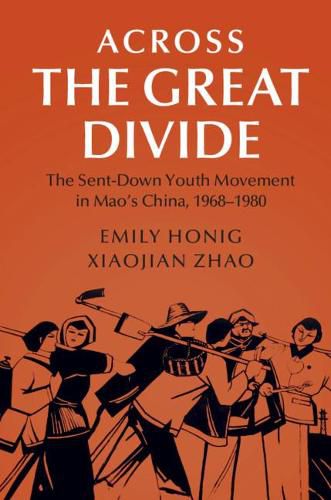Readings Newsletter
Become a Readings Member to make your shopping experience even easier.
Sign in or sign up for free!
You’re not far away from qualifying for FREE standard shipping within Australia
You’ve qualified for FREE standard shipping within Australia
The cart is loading…






The sent-down youth movement, a Maoist project that relocated urban youth to remote rural areas for ‘re-education’, is often viewed as a defining feature of China’s Cultural Revolution and emblematic of the intense suffering and hardship of the period. Drawing on rich archival research focused on Shanghai’s youth in village settlements in remote regions, this history of the movement pays particular attention to how it was informed by and affected the critical issue of urban-rural relations in the People’s Republic of China. It highlights divisions, as well as connections, created by the movement, particularly the conflicts and collaborations between urban and rural officials. Instead of chronicling a story of victims of a monolithic state, Honig and Zhao show how participants in the movement - the sent-down youth, their parents, and local government officials - disregarded, circumvented, and manipulated state policy, ultimately undermining a decade-long Maoist project.
$9.00 standard shipping within Australia
FREE standard shipping within Australia for orders over $100.00
Express & International shipping calculated at checkout
The sent-down youth movement, a Maoist project that relocated urban youth to remote rural areas for ‘re-education’, is often viewed as a defining feature of China’s Cultural Revolution and emblematic of the intense suffering and hardship of the period. Drawing on rich archival research focused on Shanghai’s youth in village settlements in remote regions, this history of the movement pays particular attention to how it was informed by and affected the critical issue of urban-rural relations in the People’s Republic of China. It highlights divisions, as well as connections, created by the movement, particularly the conflicts and collaborations between urban and rural officials. Instead of chronicling a story of victims of a monolithic state, Honig and Zhao show how participants in the movement - the sent-down youth, their parents, and local government officials - disregarded, circumvented, and manipulated state policy, ultimately undermining a decade-long Maoist project.